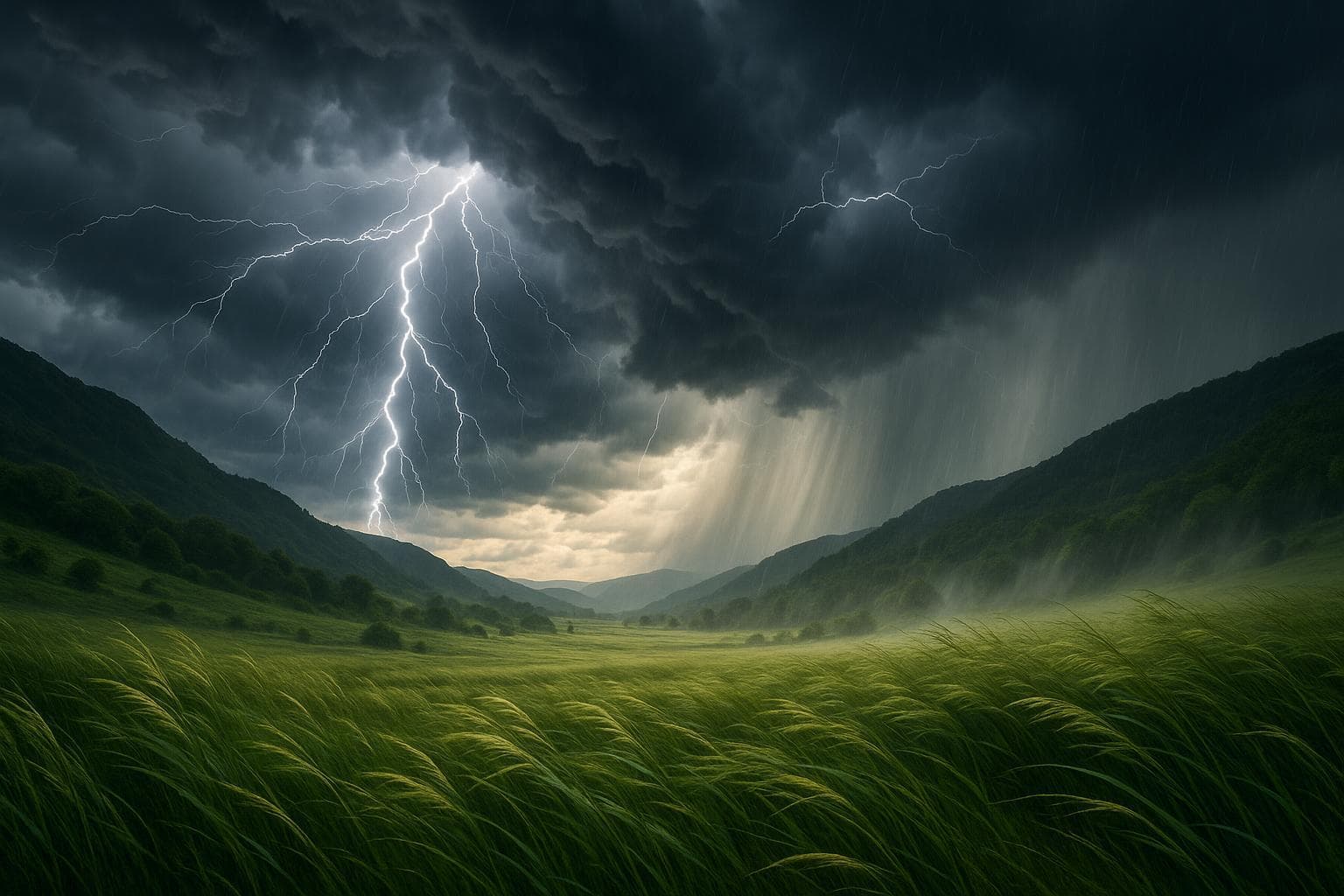Embracing Agency: Becoming a Force of Nature

Act as a force of nature, not a reaction to it. — Rollo May
—What lingers after this line?
One-minute reflection
What feeling does this quote bring up for you?
The Call to Authentic Action
At the heart of Rollo May’s assertion lies an invitation to embrace agency rather than passivity. By urging us to 'act as a force of nature,' May challenges the tendency to simply react to surrounding circumstances. This echoes existentialist themes found throughout his work, particularly in his seminal book, 'The Courage to Create' (1975), where he discusses the significance of deliberately shaping one’s environment.
From Reaction to Creation
Transitioning from a reactive stance to a creative one marks a pivotal shift in personal growth. When individuals merely respond to external events, they often relinquish control over their narratives. Conversely, those who become creative forces—much like artists shaping clay—actively construct meaning in the face of existence. May suggests that true freedom emerges not from what happens to us, but from how we choose to act amidst those events.
Lessons from Figures in History
Throughout history, those who have shaped the course of culture were seldom content merely to respond. Figures such as Rosa Parks, who refused to yield her seat in 1955, demonstrate this principle; instead of reacting to injustice with resignation, she embodied the power to spark change. Similarly, in literature, Mary Shelley’s 'Frankenstein' (1818) explores humanity's potential to harness natural forces rather than be dictated by them.
The Psychological Impact of Agency
Psychologically, cultivating an active rather than reactive mindset fosters resilience and self-efficacy. Viktor Frankl, a contemporary of May, wrote in 'Man’s Search for Meaning' (1946) that the one freedom which cannot be taken from a person is the ability to choose one’s attitude. This capacity for proactive engagement transforms challenges into opportunities for growth rather than sources of defeat.
Integrating the Philosophy into Daily Life
Finally, living as a force of nature requires conscious intention in everyday actions. Whether it’s initiating meaningful conversations, pursuing creative projects, or taking principled stands, each decision reinforces the habit of agency. Instead of waiting for life to happen, individuals become catalysts for change—echoing May’s vision of a purposeful, authentic existence where we shape our world, rather than let it shape us.